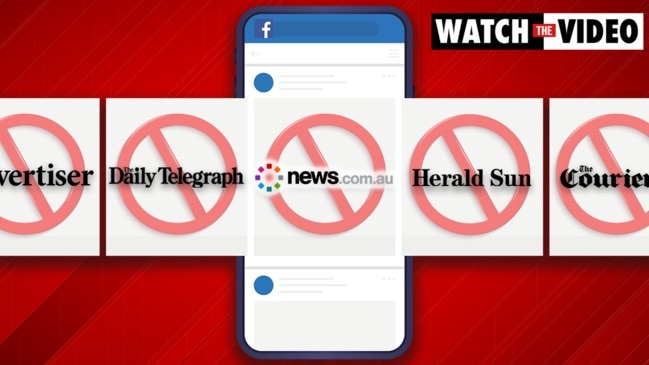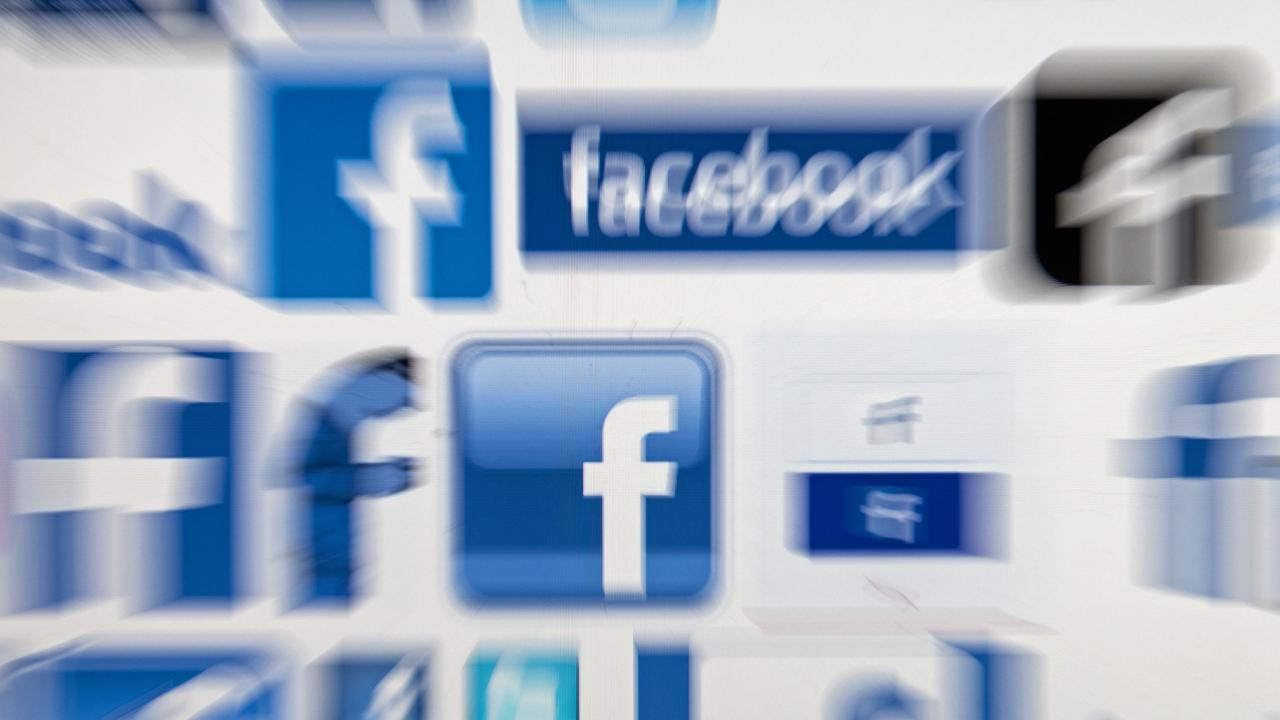Inside Facebook’s biggest scandals, from Cambridge Analytica to ‘psychological tests’
The social media giant’s decision to ban local news has stunned Australians. But it’s just the latest in a string of ugly scandals to rock the firm.

Facebook’s bombshell decision to ban Australian news from the platform sent shockwaves across the world today.
But it’s just the latest in a string of explosive scandals to hit the social media giant in recent years, which have caused the tech juggernaut’s spectacular fall from grace.
While Facebook has long enjoyed its status as one of the world’s most popular platforms, countless users are growing increasingly frustrated by the site following fiasco after fiasco.
As a result, trust in the network has been seriously eroded – and the latest ban threatens to devastate its already-shattered reputation even further.
Here are just some of the biggest bombshells to hit Facebook in recent years.
PSYCHOLOGICAL TESTS
In 2014, Facebook faced its first major backlash after it was revealed it had secretly carried out psychological tests on almost 700,000 unwitting users back in 2012.
The experiment involved manipulating people’s news feeds and studying how the tweaks affected their emotional reaction to posts.
Facebook was forced to apologise once the news broke, with chief operating officer Sheryl Sandberg weighing in after a study claimed the discovery was “the first experimental evidence for massive-scale emotional contagion via social networks”.
“This was part of ongoing research companies do to test different products, and that was what it was; it was poorly communicated,” she said.
“And for that communication we apologise. We never meant to upset you.”
RELATED: ‘Couldn’t be worse’: Facebook fury mounts

CONTENT REMOVAL
Within two years, Facebook had landed in hot water once again, this time over the censorship of a number of images and videos including a famous Vietnam War picture and clips of the Dakota Access Pipeline protests.
Facebook later backtracked after facing intense scrutiny.
“After hearing from our community, we looked again at how our Community Standards were applied in this case,” Facebook said in a statement about the removal and subsequent reinstatement the “Napalm Girl” photograph, adding it recognised “the history and global importance of this image in documenting a particular moment in time”.
2016 ELECTION FURY
In the same year, following Donald Trump’s surprise election victory, Facebook was also dragged over the coals over the role it potentially played in the results.
The platform was accused of spreading mass misinformation, and in 2017 it was revealed that hundreds of likely Russian fake Facebook accounts spent around $A125,000 on ads during the election campaign.
The social network admitted to receiving $US100,000 from “fake news” spreaders who aimed to stir up controversial topics such as same sex marriage, immigration, gun control and race relations.
And a damning BuzzFeed investigation also found that during the last three months of the campaign, “the top-performing fake election news stories on Facebook generated more engagement than the top stories from major news outlets such as the New York Times, Washington Post, Huffington Post, NBC News, and others.”
RELATED: Government vows to make Facebook pay

CAMBRIDGE ANALYTICA
However, Facebook’s reputation arguably took its biggest battering in 2018 during the Cambridge Analytica debacle, which landed CEO Mark Zuckerberg before Congress.
In a nutshell, the scandal involved the selling of tens of millions of Facebook users’ personal data to political data firm Cambridge Analytica, without their consent, with the information later used to influence voter behaviour during the 2016 US election (although the breach was not known at the time).
Facebook was ultimately slapped with a $5 billion fine over the fiasco, which was the largest data scandal in its history.
GENOCIDE LINKS
2018 was Facebook’s annus horribilis, with the platform also being used to incite genocide against the Rohingya community in Myanmar.
The firm launched an independent investigation into the tragedy, and owned up to its mistakes.
“The report concludes that, prior to this year, we weren’t doing enough to help prevent our platform from being used to foment division and incite offline violence,” Facebook said in statement at the time.
“We agree that we can and should do more.”
RELATED: Facebook ban sparks ‘fake news’ fears

LEAKED DOCUMENTS
Then, in 2019, NBC News obtained and released thousands of pages of leaked internal documents which revealed Facebook’s plan to grow ever-powerful, including a strategy of using users’ data as a bargaining tool to wield against rivals and help out allies.
“Facebook ultimately decided not to sell the data directly but rather to dole it out to app developers who were considered personal ‘friends’ of Zuckerberg or who spent money on Facebook and shared their own valuable data,” the publication revealed.
REPUTATION IN TATTERS
Today’s Australian news ban is another nail in the coffin of the company, with countless local users vowing to boycott the site in the wake of the bombshell.
Many have accused Facebook of bullying tactics, with experts including Swinburne University’s Belinda Barnet pointing out the decision to pull news from the site in the midst of the lethal coronavirus crisis was particularly shocking.
“I think Australians may lose trust in the platform,” she told ABC News on Thursday afternoon.
“It doesn’t seem that the platform has our best interests at heart, the fact that it could do this at this particular moment in time is evidence of this.”




